In the development sector, renewable energy projects are increasingly being viewed not just as solutions for decarbonization but as anchors for holistic community development. When integrated thoughtfully, they have the potential to address interlinked challenges such as water scarcity, education gaps, livelihood insecurity, and social inclusion.
The Akalkot project in Maharashtra is a strong example of this approach. By combining clean power generation with community-centric initiatives, it demonstrates how business-led sustainability interventions can create long-term impact at both the environmental and social levels.
What follows is a case study of the Akalkot Group Captive project—an initiative that showcases how renewable energy, when aligned with local development needs, can truly empower communities.
From Clean Energy to Community Transformation: The Akalkot Model
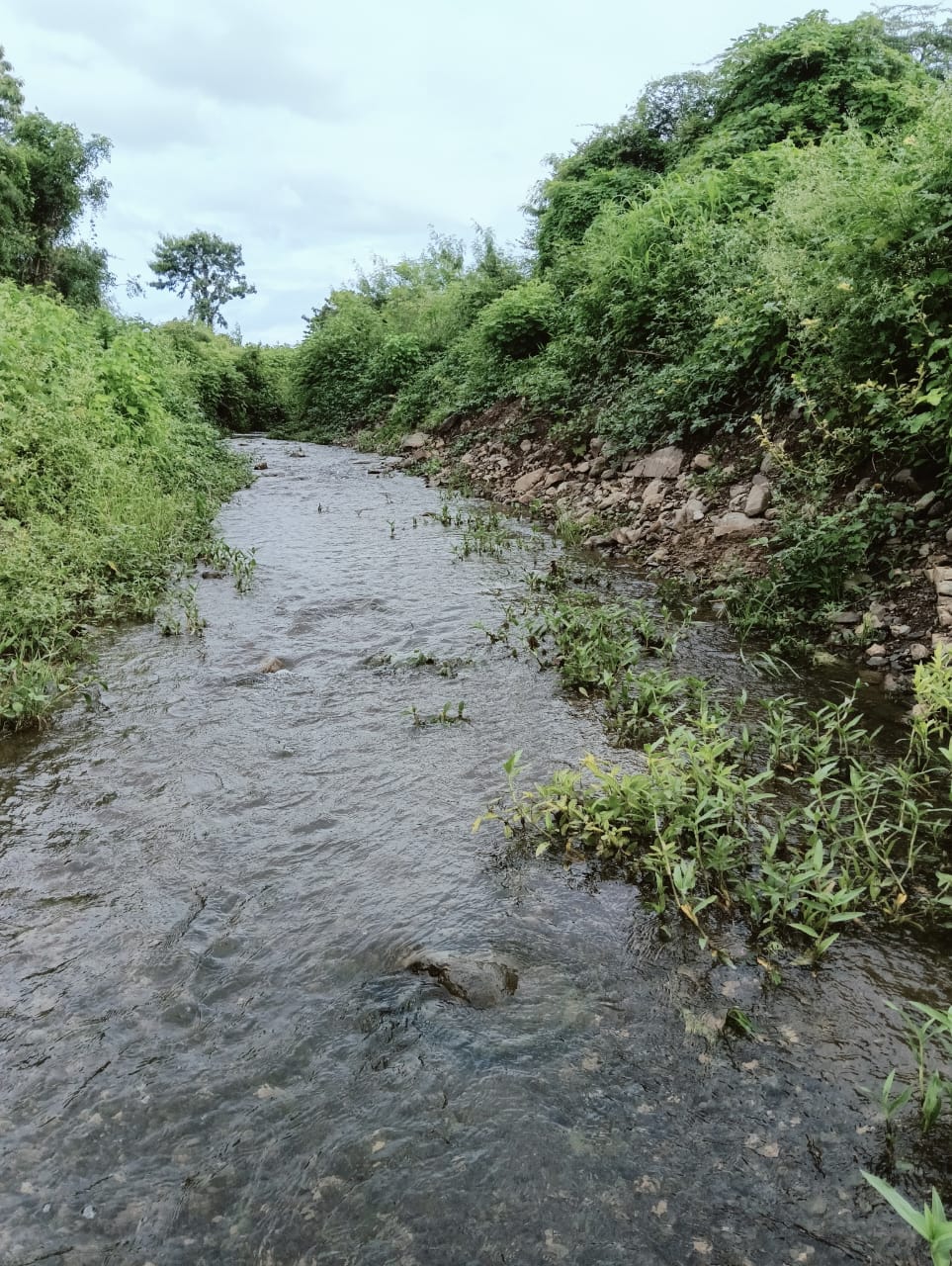 The Akalkot Group Captive project, located in Akalkot, Maharashtra, India, has an installed capacity of 176 MWp DC and delivers an annual energy generation of approximately 245.7 million units (MU). The client portfolio includes prominent organizations such as Netmagic, TP Saurya, CEAT, Tata Communications, Endurance, Parag Dairy, and TP Solar Kirnali. The project is also supplying green power to 7 companies, empowering them to transition towards sustainability, replacing conventional energy sources with solar to cut costs and achieve their green goals.
The Akalkot Group Captive project, located in Akalkot, Maharashtra, India, has an installed capacity of 176 MWp DC and delivers an annual energy generation of approximately 245.7 million units (MU). The client portfolio includes prominent organizations such as Netmagic, TP Saurya, CEAT, Tata Communications, Endurance, Parag Dairy, and TP Solar Kirnali. The project is also supplying green power to 7 companies, empowering them to transition towards sustainability, replacing conventional energy sources with solar to cut costs and achieve their green goals.
Beyond energy generation, the project’s significance lies in its ability to extend positive impact to the community. While its environmental footprint is impressive, its parallel investment in local well-being makes it a model for integrated development.
The project contributes significantly to environmental sustainability with:
• CO₂ offset: 221,130 metric tons annually
• Modules installed: 495,700
• Land utilized: 689 acres
Beyond these ongoing environmental contributions, the project has also undertaken community-focused initiatives to tackle pressing local challenges—beginning with water scarcity.
Water Security: Nurturing a Scarce Resource
A significant challenge in the Akalkot region is water scarcity, impacting both drinking water availability and agricultural productivity. Recognizing this, the renewable energy project implemented a comprehensive water initiative centered on:
Pond Desilting: Collaborative desilting work was undertaken across four villages in Akalkot. This crucial intervention aimed to increase the water holding capacity of existing ponds, directly contributing to the recharge of the local water table. The anticipated outcomes include:
- Mitigation of Drinking Water Crisis: Increased groundwater levels will improve access to potable water for the communities.
- Enhanced Irrigation Potential: Greater water availability will support agricultural activities, allowing for more reliable irrigation and potentially expanding cultivable areas.
Formation of Village Natural Resource Management Committees (VNRMCs):
To ensure the long-term sustainability of the water bodies and other natural resources, Village Natural Resource Management Committees (VNRMCs) were formed, comprising local farmers. These committees are empowered and trained to:
- Manage and maintain the desilted ponds.
- Implement sustainable water management practices.
- Oversee the conservation of other natural resources in the region.
- Foster a sense of ownership and responsibility within the community.
The water initiative is expected to yield significant positive impacts, including improved water security, enhanced agricultural livelihoods, and greater community resilience to drought conditions. The formation of VNRMCs ensures community participation, which would ensure long-term success of these efforts.
This impact is already visible on the ground. Sanjay Prakash Hulgane, a 36-year-old farmer from Kirnalli village in Akalkot, shared how the intervention has transformed water availability in his community:
“The intervention led to a rise in water level as it aids in water retention, allowing more water to seep into the ground and recharge groundwater. This, in turn, helps increase borewell output, providing a reliable source of water for irrigation and other uses. Ultimately, this abundance of water supports healthier crop growth, potentially leading to higher yields and benefiting agriculture.”
While water security laid the foundation for stronger livelihoods, the project also recognized that empowering the next generation through education was equally vital.
Lab on Bike: Igniting Young Minds with STEM Education
Recognizing the limitations in access to quality science education in the region, the "Lab on Bike" (LOB) initiative was launched. This innovative program brings hands-on, experiential STEM learning directly to students' doorsteps. Since its launch, the LOB initiative has successfully covered 8 schools and engaged over 700 students.
Experiential Learning: By providing practical, hands-on experiments and demonstrations, LOB makes abstract scientific concepts tangible and understandable. This experiential approach aims to:
- Bridge the gap caused by the inaccessibility of modern educational resources.
- Foster a deeper understanding of scientific principles.
- Cultivate critical thinking and problem-solving skills.
- Inspire an interest in STEM fields among students.
The Lab on Bike initiative is empowering students with a more robust and engaging science education, potentially leading to improved academic performance and increased interest in pursuing careers in science and technology. This investment in human capital will have long-term benefits for the community.
Alongside nurturing students, the project also focused on strengthening the farming community that forms the backbone of Akalkot’s economy.
Entrepreneurship Training: Empowering Farmers Through Knowledge and Skills
To enhance agricultural productivity and sustainability, the renewable energy project also focused on empowering local farmers through entrepreneurship training.
To strengthen capacity, the project conducted organized training sessions on crucial aspects of dryland farming, adapted to the specific agro-climatic conditions of Akalkot. These comprehensive training programs were delivered to over 100 farmers, focusing on critical agricultural practices including soil analysis, seed quality assessment, crop rotation strategies, and efficient irrigation methodologies.
The training delivery incorporated the following approaches:
- Soil Testing: Enabling farmers to understand their soil composition and nutrient requirements.
- Seed Testing: Promoting the use of high-quality seeds for better yields.
- Crop Rotation: Educating farmers on the benefits of diversifying crops for soil health and pest management.
- Efficient Irrigation Techniques: Introducing methods to optimize water usage in a water-scarce region.
By equipping farmers with knowledge and skills in modern and sustainable agricultural practices, this initiative aims to:
- Enhance agricultural productivity and income.
- Promote efficient resource utilization, particularly water.
- Build the capacity of local farmers to adapt to changing environmental conditions.
- Foster a sense of collective learning and support through the platform.
Recognizing that sustainable change begins with the younger generation, the initiative also engaged with local schools. By integrating environmental awareness and agricultural education into school activities, it nurtured eco-conscious values among children and inspired them to become future stewards of sustainability.
Remedial Support for Slow Learners in Akalkot
To strengthen the education ecosystem in Akalkot, a dedicated remedial education program was introduced for over 100 students identified as slow learners. The initiative focused on children struggling with abstract concepts or showing low learning motivation, offering them structured support within a focused classroom setting.
Program Application: The program was implemented through specialized remedial teachers who tailored strategies to the individual needs of students, while also integrating peer-to-peer learning as a core pedagogical approach.
As a result, participating students displayed improved comprehension, heightened motivation, and greater classroom participation. Beyond academic progress, the program fostered inclusivity and created a stronger foundation for long-term learning success.
Conclusion
The Akalkot renewable energy project demonstrates how clean energy initiatives can evolve into holistic community development models. Beyond addressing water scarcity through pond desilting and VNRMC-led water management, the project has strengthened agriculture, introduced STEM education to 700+ students through the "Lab on Bike" initiative, and trained over 100 farmers in modern dryland techniques for improved livelihoods. A remedial education program for more than 100 slow learners further ensured inclusivity and enhanced classroom participation.
On the environmental front, the project offsets 221,130 metric tons of CO₂ annually, with 495,700 modules spread across 689 acres generating 245.7 MU of electricity. By supplying green power to 7 leading companies, it not only accelerates India’s decarbonization journey but also supports businesses in achieving their sustainability goals.
Together, these interventions reflect an integrated approach that fosters resilience, advances sustainable development, and empowers the Akalkot community socially, economically, and environmentally.




 The Akalkot Group Captive project, located in Akalkot, Maharashtra, India, has an installed capacity of 176 MWp DC and delivers an annual energy generation of approximately 245.7 million units (MU). The client portfolio includes prominent organizations such as Netmagic, TP Saurya, CEAT, Tata Communications, Endurance, Parag Dairy, and TP Solar Kirnali. The project is also supplying green power to 7 companies, empowering them to transition towards sustainability, replacing conventional energy sources with solar to cut costs and achieve their green goals.
The Akalkot Group Captive project, located in Akalkot, Maharashtra, India, has an installed capacity of 176 MWp DC and delivers an annual energy generation of approximately 245.7 million units (MU). The client portfolio includes prominent organizations such as Netmagic, TP Saurya, CEAT, Tata Communications, Endurance, Parag Dairy, and TP Solar Kirnali. The project is also supplying green power to 7 companies, empowering them to transition towards sustainability, replacing conventional energy sources with solar to cut costs and achieve their green goals.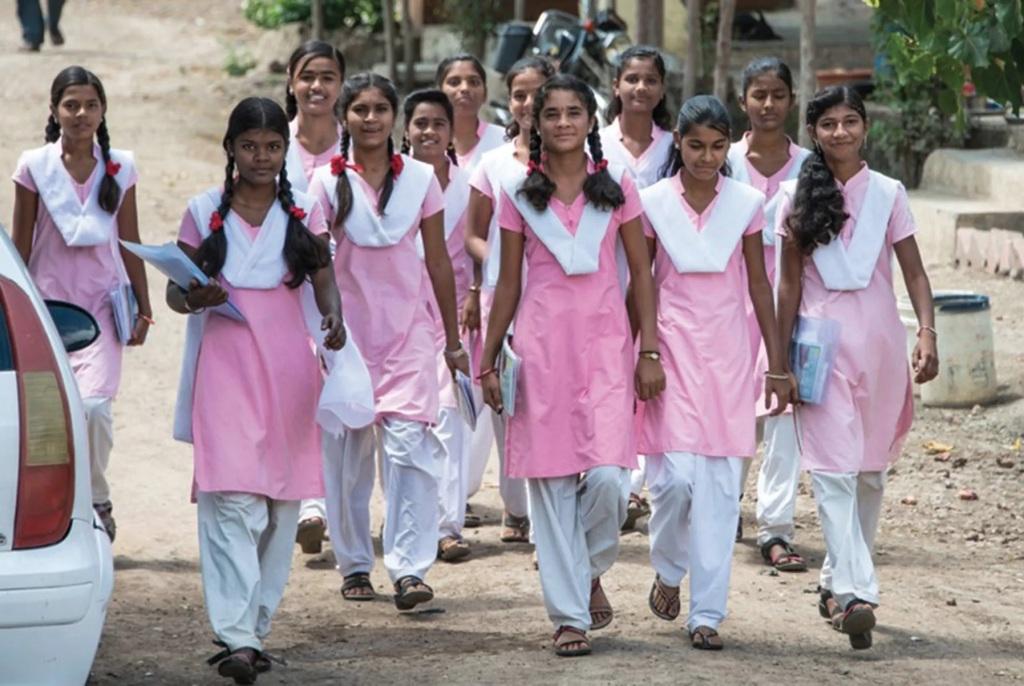


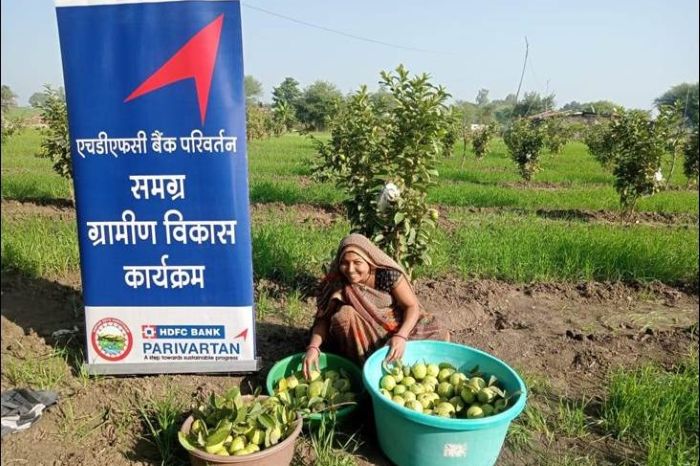
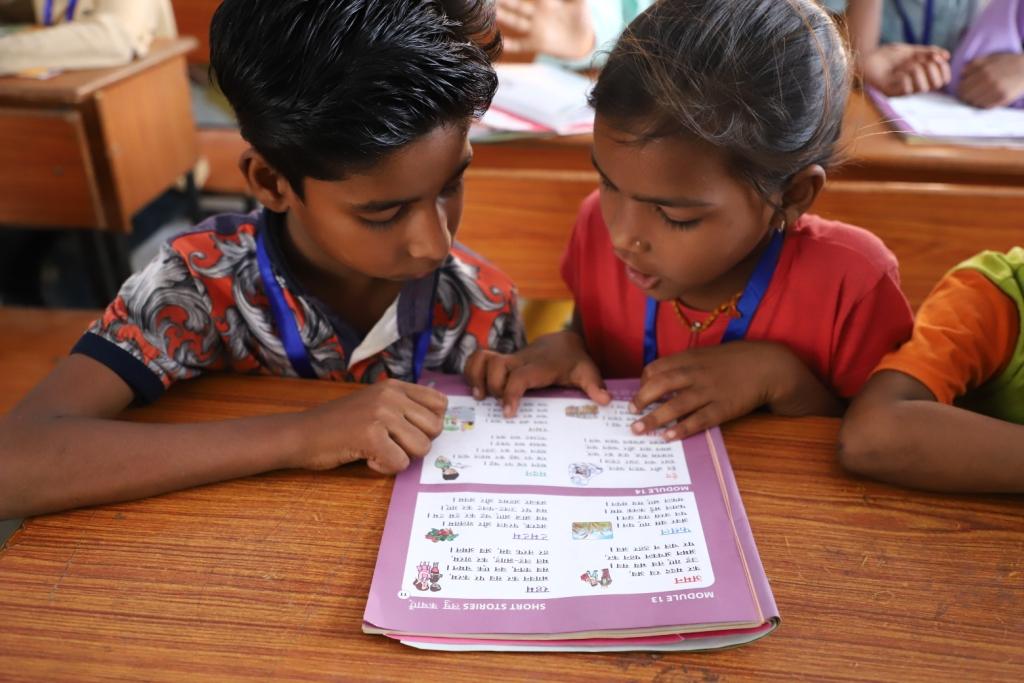
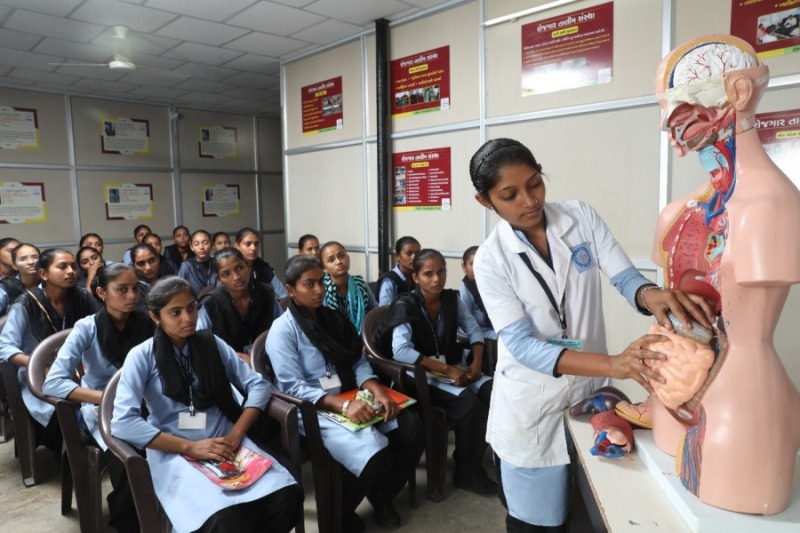

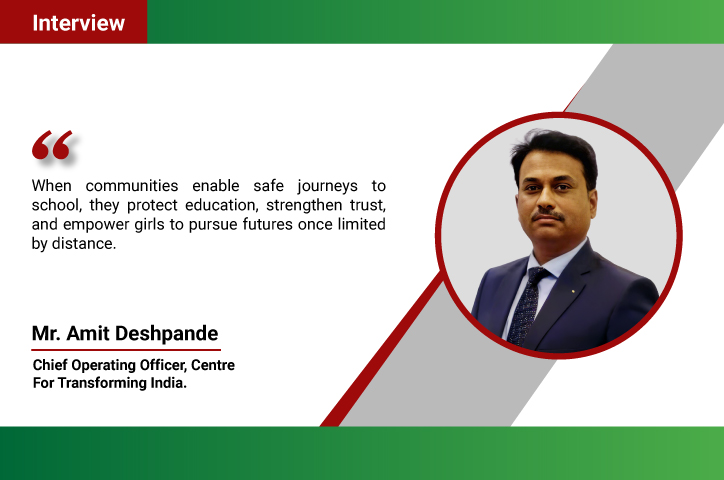






.jpg)



